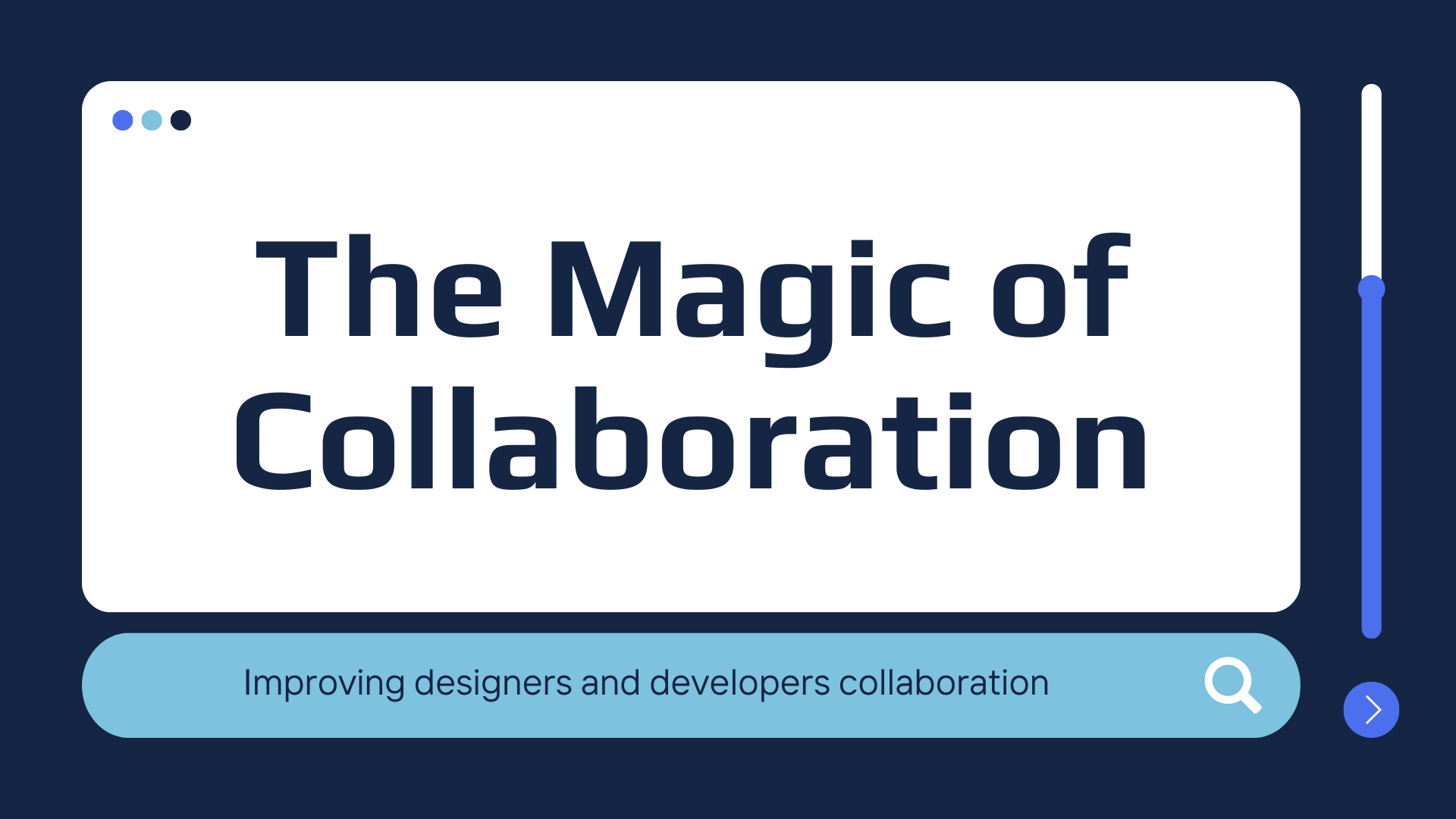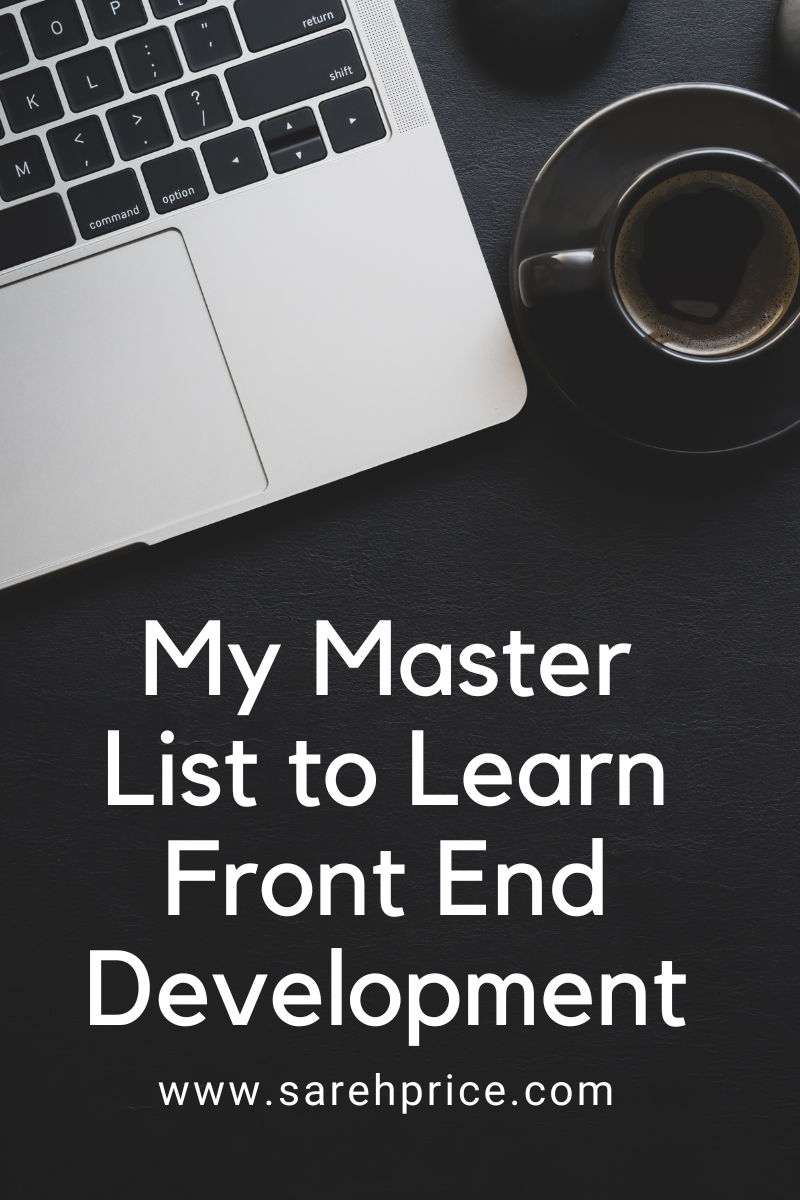World IA Day Des Moines 2019
I went to World IA Day here in Des Moines again this year. They have it every year on Febuary 23 and I’ve been going for several years now. I really enjoy my time there and I think its a great opportunity, especially something for Des Moines.
Des Moines is really growing in tech and design so seeing a conference about Information Architecture is great. It allows people to learn more about the field and make connections. Plus, it’s free to attend so why not go?
They always have a bunch of interesting lectures and workshops that change every year to help keep it new and exciting.
Becoming a digital #a11y.
The first lecture they had that day was by Cyndi Wiley (@dr_meowface) who gave the presentation, “Becoming a digital a11y.” I thought it was a great lecture, especially because I don’t see a lot of people making accessibility that important. It always seems like a side thought, but I think it has the potential to really improve lives of people using the internet as well as increasing the traffic and SEO and other benefits for digital companies.
Cyndi also made an important point about a recent article about why we shouldn’t call people users anymore. The idea is that users has a negative connotation and in order to empathize with the people using our products, we should call them people or something more humanizing.
She also pointed out that personas aren’t always a great tool when it comes to designing for a swath of people. While it has its benefits such as decreasing designer bias, it also makes it harder to design for other types of people that your persona might not represent. We should focus more on designing for specific people, talking to those people, instead of abstract concepts of them.
How to Find Your Users (People)
“Anybody Out There?” with Ellen Bulter
Ellen’s presentation was ways to look for your users (people). She works at a company that deals a lot with farmers who can be surprisingly hard to find to be user testers. She broke down the farming season to illustrate that there are some times of the year that’s better to reach out then others. And this can be applied to other professions like teaching or whatnot.
She discussed that sometimes you have to find creative ways to connect with people, like using the social connections that your friends and family have. And when creating user tests, it’s important to think about how much time your testers have and to be considerate of it. Also give them thank you gifts or something to show your appreciation. Instead of asking them 100 questions, can you pair it into 50 or less? Or what would you be the most upset about if you didn’t get to ask them?
Using Search as a Marketing Strategy
“Improving search as part of your customer experience” with @kkmett
I thought Tom’s presentation was really interesting because he works for Principal and using a couple of tools, they managed to combine search results across multiple connected sites. Using this method, they realized that they weren’t addressing user’s questions on topics like divorce, death, and X. So using their analytical data, they presented it and convinced the marketing department to put out content addressing these topics.
With the content out there, they saw their engagement jump by nearly 50% for each of those categories. I thought it was a brilliant move because instead of relying on analytics like Google, they were able to use their internal search results to discover new content and increase their SEO.
APIs and User Experience
“The interface without a face: APIs and the Role of UX” @tomwlindsley
This talk was fun to go to because I keep seeing posts about APIs but I wasn’t super familiar with what they were before hand. Having them explained now though makes more sense.
Tom talked about how the UX of an API can help or prevent a programmer from making a valuable transaction. APIs should still be easy for the programmer to understand and use, as well as the user they are trying to work with. Good APIs are easy to try, easy to use, well documented and well supported.
One of the examples he used also features a really cool interactive game to explain their application which I thought was really fun. Personally, I love it when companies go out of their way to add games into their experiences, even if it’s a little silly.
Why Research is so Important
“Research and Empathy to Design for Meaningful Differences” with Matt Arnold!
Matt talked a lot about research and how it’s important to design. And how there is always a time for research even when we don’t think so. Even that 10 minutes of research can be useful vs none.
He presented a chart to on what a user research process looks like in case folks don’t know where to start.
Plan > Collect info > Analyze > Share
His proposes that successful companies will be the ones that “continuously gain human insight and integrate those insights”. No longer do customers have to understand a product, but now products must understand their customers.











